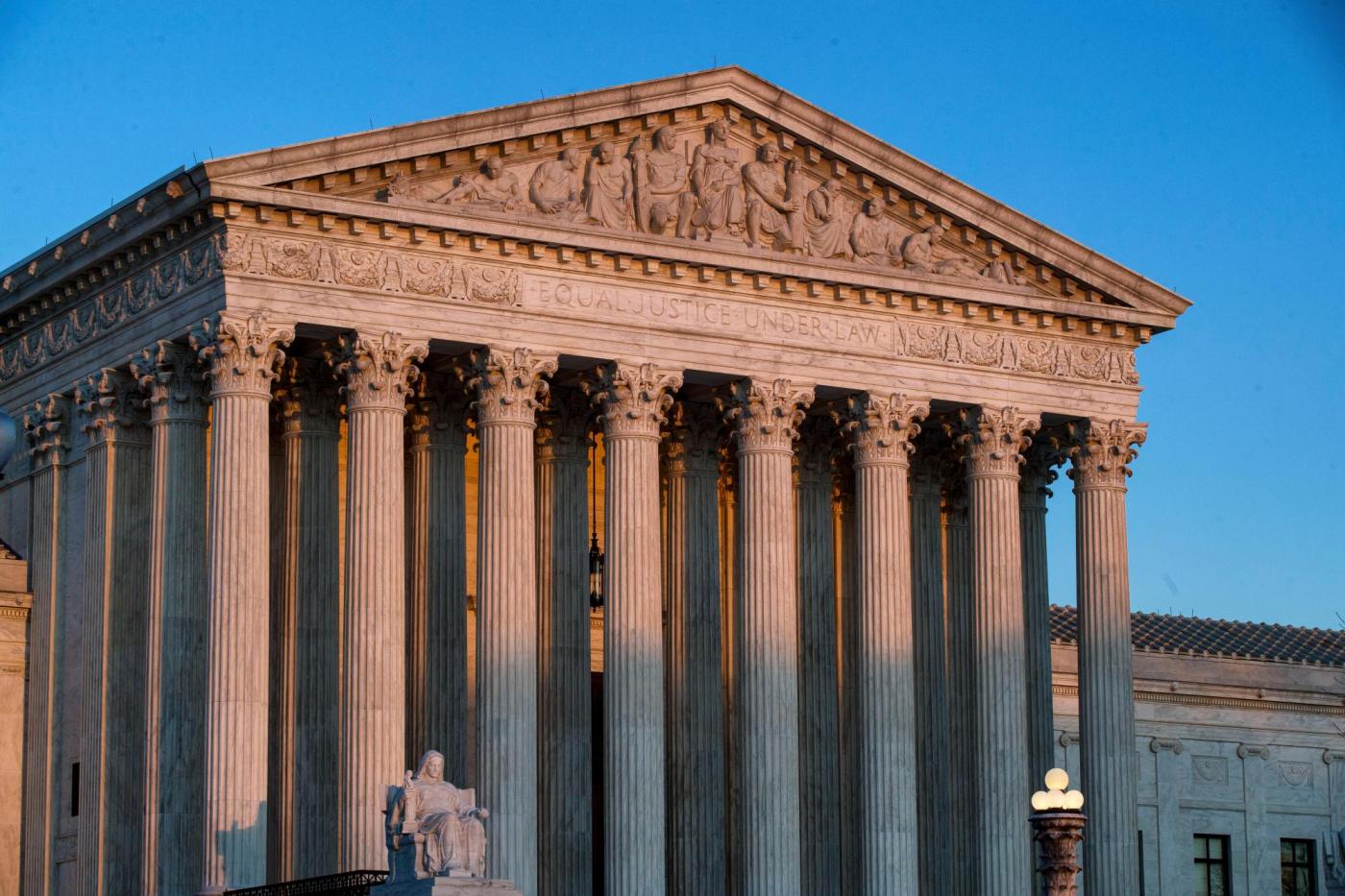The Supreme Court on Monday agreed to hear the Biden administration’s challenge to a transgender care ban in Tennessee, delving into the complicated and politically fraught issue of gender-affirming care in a substantive way for the first time.
The state law, enacted last year, bans hormone therapy and puberty blockers for minors and imposes civil penalties for doctors who violate the prohibitions. It is among a growing number of state laws enacted in recent years targeting transgender care.
Nearly half of US states have enacted bans on transgender care for minors, according to the Human Rights Campaign.
The case will be heard this fall.
“The Supreme Court was always going to have to resolve how state bans on gender-affirming medical care can be reconciled with its approach to sex-based discrimination,” said Steve Vladeck, CNN Supreme Court analyst and professor at the University of Texas School of Law. “Today’s grant sets up this issue as one of the early blockbusters for the Court’s upcoming term.”
Laws in Kentucky and Tennessee were challenged by the Biden administration and families of transgender minors. The Supreme Court only agreed to hear the challenge filed by the Biden administration in Tennessee.
In September, the 6th US Circuit Court of Appeals in Cincinnati reversed a district court ruling that blocked the gender-affirming care ban from being enforced. In other words, the appeals court allowed the ban to take effect.
Related Articles
Pride Month: Fremont trans woman shares her journey, is honored by lawmaker
Pride flag raisings continue to show solidarity with LGBTQ community
‘It’s frustrating’: Why a gay Bay Area state senator is annoyed by his own LGBTQ health info bill
California man describes stabbing gay college student during trial for 2018 killing
SF Frameline 2024: Here are 11 films you gotta see
Republican lawmakers who support the ban say decisions about care should be made after an individual becomes an adult. Opponents argue that in addition to violating the civil rights of trans youth, the laws also run afoul of parents’ rights to make decisions about their child’s medical care.
Tennessee’s law says that medical providers cannot perform procedures that “enable a minor to identify with, or live as, a purported identity inconsistent with the minor’s sex” or “treat purported discomfort or distress from a discordance between the minor’s sex and asserted identity.”
The legal fights over similar bans have been moving through federal courts for more than a year. In April, the Supreme Court allowed Idaho officials to temporarily enforce a strict statewide ban on gender-affirming care for most minors, although it did so on a temporary basis without resolving the underlying questions posed by the case.
The-CNN-Wire
& © 2024 Cable News Network, Inc., a Warner Bros. Discovery Company. All rights reserved.












